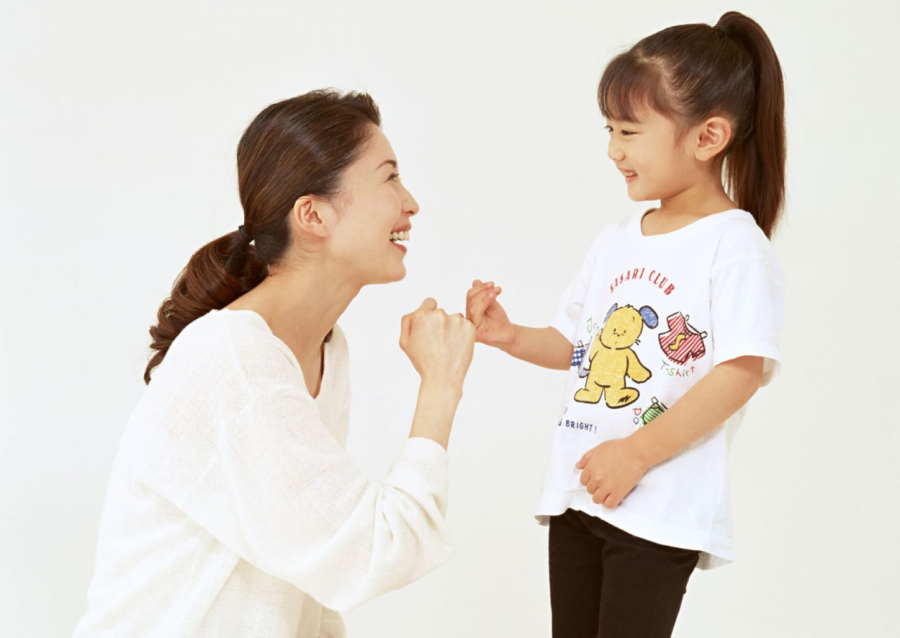The author of the book “No Pressure Motherhood” reveals that he has encountered many motorcyclists who run red lights when there are still 3 seconds left, almost everyone runs when there is only 1 second left, and only a few slowly run when the green light is on.
“I also witnessed a young person trying to cut in line at the cashier, even though people had lined up before. It was almost his turn, but he pushed and shoved the people in front of him, putting his merchandise in. The result was an argument and a fight”, the author of the book said.
So should we teach children to be “Patient” from an early age?
The answer is Yes.
Patience will help children adjust their behavior, have time and space to think. 2.5-year-old children can think and compare between 2 options. Patience also helps develop thinking and create a gentle and attentive personality as children grow up.
Gs.Kumst, S., Maastricht University, Netherlands, said: “Teaching patience can start by teaching children to respect the agreement between them and someone else”. For example, you should teach your child to agree with you on something that both you and your child must respect this agreement to follow.

Illustration
In a simple experiment with a type of marshmallow candy, children were given an agreement with the teacher that they would receive 2 candies if they waited until the teacher returned without eating the first candy. Children can learn how to keep agreements, have space to think about options, and have the time to delay actions to maintain the agreement.
Children also learn patience from their parents. Let’s be good role models for our children.

Illustration
Implementing agreements to develop patience
- When eating: Don’t say things like: “Mom is upset, you’ve been eating for nearly 1 hour, Mom is very patient with you.” Instead, you set 20 minutes for snacks, 30 minutes for meals. And agree with the child about this time.
- When the child demands a toy: It is normal for children to quarrel or fight over toys. Agree that the child will play for 20 minutes, then it’s your turn. If the agreement is not kept, the child will not be able to play with this toy anymore.
- When going to bed: Say: “In 20 minutes, Mom will turn off the light, Mom thinks you have enough time to finish a few pages of the story/book you are reading. Is that agreement, okay?””.
- When going for a walk: Mom should say: “You can run and play, but don’t run too far from Mom, you can play with water at the faucet, but don’t go near the pond. You can ask Mom anything you don’t know, but don’t ask Mom while driving. Let’s make a deal!”.
- In studying: Mom can say: “Score 6 is not bad, but Mom thinks you can get a score of 8 if you try harder. Mom doesn’t need you to get a score of 10, Mom wants you to get 2 scores of 8, our family will go to the park on the weekend, okay?“. Learning is quite stressful for children, especially those who have been criticized or lost their roots, parents offering small, realistic agreements and only showing which area the child needs to try harder will be better than a big agreement.
Parents: 12 Japanese Techniques to Use with Your Children’>Learning Tips for Parents: 12 Japanese Techniques to Use with Your Children
 Children‘>
Children‘>Discover the 12 principles of teaching children in the traditional Japanese way that parents can learn with Dien May XANH! By instilling these principles when your children are young, you can ensure that they grow up to be obedient, smart and polite, the hallmarks of a successful education in Japan.




































